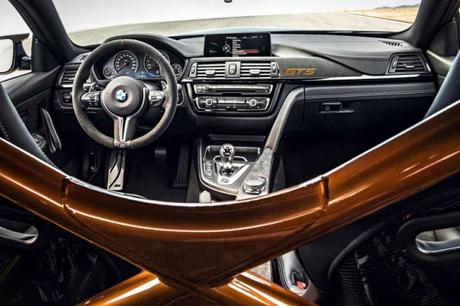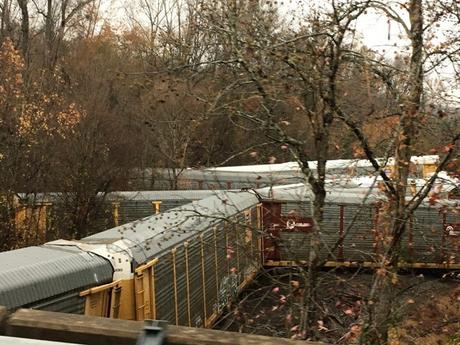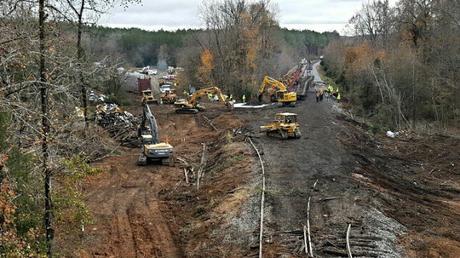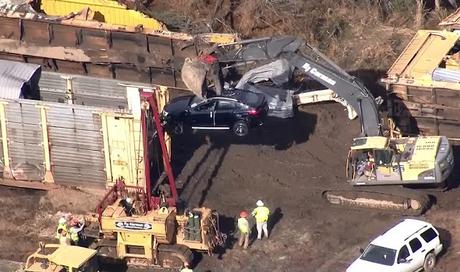 Bayerische
Motoren Werke AG usually known under its abbreviation BMW is a German luxury
vehicle, motorcycle, and engine manufacturing company founded in 1916.
Headquartered in Munich, Bavaria, Germany, BMW owns Mini cars and is the parent company
of Rolls-Royce Motor Cars. After the end
of World War I in 1918, BMW was forced to cease aircraft-engine production by
the terms of the Versailles Armistice Treaty. The first car which BMW
successfully produced and the car which launched BMW on the road to automobile
production was the Dixi, based on the Austin 7 and licensed from the Austin
Motor Company in Birmingham, England. This
post is about a train accident in USA, in which vehicles were damaged.
Bayerische
Motoren Werke AG usually known under its abbreviation BMW is a German luxury
vehicle, motorcycle, and engine manufacturing company founded in 1916.
Headquartered in Munich, Bavaria, Germany, BMW owns Mini cars and is the parent company
of Rolls-Royce Motor Cars. After the end
of World War I in 1918, BMW was forced to cease aircraft-engine production by
the terms of the Versailles Armistice Treaty. The first car which BMW
successfully produced and the car which launched BMW on the road to automobile
production was the Dixi, based on the Austin 7 and licensed from the Austin
Motor Company in Birmingham, England. This
post is about a train accident in USA, in which vehicles were damaged.
 A Norfolk Southern
freight train derailed northwest of Columbia on Sunday, damaging up to 120 BMW
automobiles on their way to the Port of Charleston to be shipped overseas. The derailment occurred in Blair, S.C., and
included two Norfolk Southern locomotives and 12 rail cars. Each rail car holds
10 vehicles. Norfolk Southern said in a statement that the tracks were damaged
by the derailment and are being repaired but the company is still investigating
how the derailment happened. According
to a Norfolk Southern spokeswoman, two locomotives and 12 of the 96 rail cars
went off the tracks in rural Blair shortly before 3 p.m. The cause of the
accident is being investigated. The two members of the crew were taken to a
local hospital for evaluation and released Sunday, Norfolk Southern said. There
were no injuries.
A Norfolk Southern
freight train derailed northwest of Columbia on Sunday, damaging up to 120 BMW
automobiles on their way to the Port of Charleston to be shipped overseas. The derailment occurred in Blair, S.C., and
included two Norfolk Southern locomotives and 12 rail cars. Each rail car holds
10 vehicles. Norfolk Southern said in a statement that the tracks were damaged
by the derailment and are being repaired but the company is still investigating
how the derailment happened. According
to a Norfolk Southern spokeswoman, two locomotives and 12 of the 96 rail cars
went off the tracks in rural Blair shortly before 3 p.m. The cause of the
accident is being investigated. The two members of the crew were taken to a
local hospital for evaluation and released Sunday, Norfolk Southern said. There
were no injuries.
 Each rail car
carries 10 BMWs, putting the total number involved in the derailment at 120
vehicles. It is stated that it was not
clear how many were damaged. The train also was transporting an additional 840
vehicles made at the Spartanburg County automotive plant. As of early Monday, Norfolk Southern had
rerailed both of the locomotives and four of the cars. The Virginia-based
company said it expected service would be restored by late Monday. No road
crossings were blocked by the derailment, but authorities said drivers should
expect delays because heavy equipment was being brought in to set the rail cars
upright and repair the tracks.
Each rail car
carries 10 BMWs, putting the total number involved in the derailment at 120
vehicles. It is stated that it was not
clear how many were damaged. The train also was transporting an additional 840
vehicles made at the Spartanburg County automotive plant. As of early Monday, Norfolk Southern had
rerailed both of the locomotives and four of the cars. The Virginia-based
company said it expected service would be restored by late Monday. No road
crossings were blocked by the derailment, but authorities said drivers should
expect delays because heavy equipment was being brought in to set the rail cars
upright and repair the tracks.
 Norfolk Southern's
route from BMW's plant in Greer to the Columbus Street Terminal in Charleston
brings, on average, more than 700 vehicles for export each day. Through October,
the automaker had shipped 227,649 vehicles through the Port of Charleston this
year. The State Ports Authority is assessing what impact, if any, the
derailment will have on its operations in Charleston and at its rail-served
inland hub in Greer. The maritime
agency's vessel schedule is not affected by the accident, it is stated.
With regards – S.
Sampathkumar
7th Dec
2016.
Norfolk Southern's
route from BMW's plant in Greer to the Columbus Street Terminal in Charleston
brings, on average, more than 700 vehicles for export each day. Through October,
the automaker had shipped 227,649 vehicles through the Port of Charleston this
year. The State Ports Authority is assessing what impact, if any, the
derailment will have on its operations in Charleston and at its rail-served
inland hub in Greer. The maritime
agency's vessel schedule is not affected by the accident, it is stated.
With regards – S.
Sampathkumar
7th Dec
2016.
PS : news collated from various sources. Pictures credit : www.wistv.com

